From Forest to Design
This workshop aims to provide a seamless connection between research on innovative mycelium materials and a bioregional, sustainable approach to design, using renewable materials that could be integrated in circular processes.
The workshop will cover the basics of fungal biology, explore foraging of fungal strains in a natural environment, introduce the process of mycoremediation, and illustrate the practical steps to cultivate mycelium materials for design and construction applications. Several case studies will support the theoretical and practical sessions, demonstrating successful implementations of fungal materials. The workshop will also offer to delve into the concept of design terroir, traditionally associated with food, and applied here to the production of living materials. This approach emphasizes the bioregional characteristics of local environments—climate, geography, culture, and available materials—in shaping design and construction, and offers a rich and creative potential for sustainable design.
The workshop’s culmination will be a collaborative design project, where participants will apply the concepts and methods introduced to develop a design and construction scenario. Attendees will work in teams to brainstorm, design, and present visions for sustainable material systems that are both innovative and ecologically responsible. The scenarios will highlight the potential applications of fungal materials and foster a community of practitioners committed to sustainable design and construction.
This hands-on, interdisciplinary event is for architects, urban planners, designers, and anyone interested in the future of sustainable material systems. Through this workshop, participants will gain the skills and inspiration to pioneer new directions in architecture and urban planning, grounded in ecological stewardship and cultural innovation.
Workshop Format:
- Walk & Talk: Foraging mushrooms in their natural environment, sensitize for non-human life by observation / performative walks, photography, collecting
- Mycelium Lab Process: cloning, plating, LC + grain spawn, autoclaving / pasteurizing, substrate formulation, growing, etc.
- Scenario Building: Sketching, Collage making, Computational techniques, etc.
There are no specific technical requirements or previous knowledge needed for participants. Weatherproof clothing is recommended for the foraging part of the workshop (sturdy shoes, rain jacket,…), and ideally clothes as clean as possible for the lab work.
Workshop Leaders
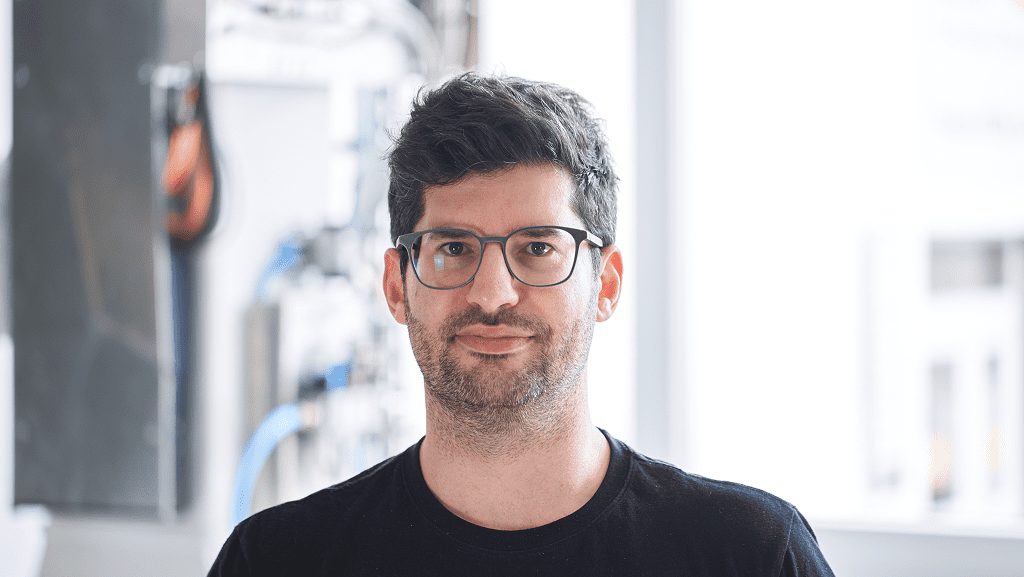
Andrea is an architectural researcher and computational designer. He has recently completed his PhD at the DDU Digital Design Unit at TU Darmstadt, and he is working as research associate at the Experimental and Digital Design and Construction chair at the University of Kassel. His current focus is on combinatorial design, robotic prototyping and biomaterials. He is the developer of Wasp, an open-source Grasshopper plug-in for combinatorial and discrete modelling. He taught workshops on digital tools and fabrication in Italy (Politecnico di Milano, Universitá di Pisa), Germany (HfG Offenbach, Leibniz University Hannover), USA (University of Buffalo) and Israel (Technion Haifa).
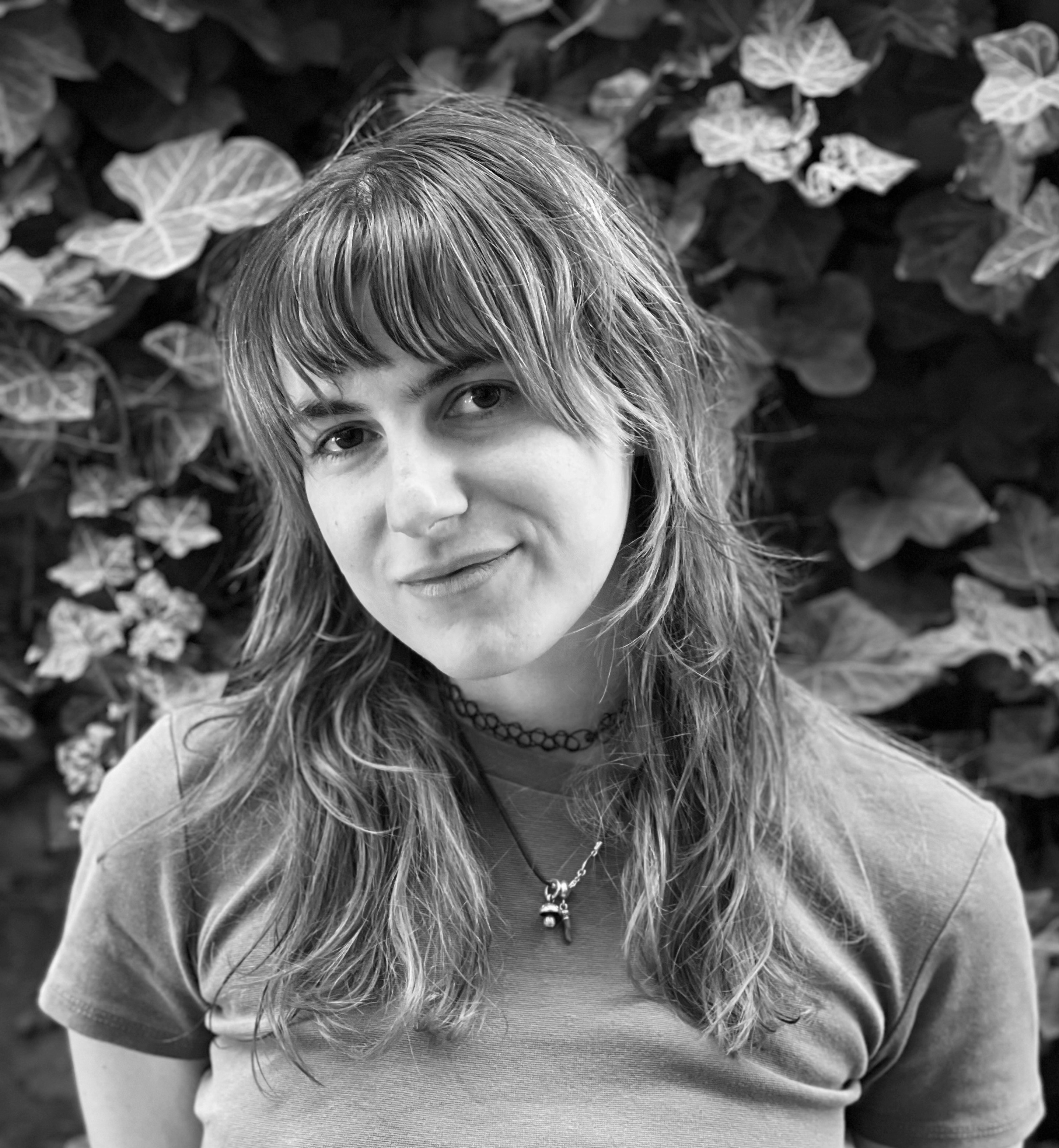
Claudia is a registered architect based in Copenhagen. She is a PhD student at the Chair for Bio-hybrid Architecture (DKA), for the project FUNGATERIA, funded under the Engineered Living Materials Pathfinder Challenge by the European Innovation Council and started in November 2022. Her own research and design practice finds interest in exploring the relationship between biology and architecture through biomaterials, digital fabrication, and computational design to create bio-hybrid architectures that functionally integrate living complexes. Claudia, during her years as a research assistant at CITA Copenhagen, has been involved and conducted a workshop for master students integrating non-living structures with living materials; computational braided compositions are turned into physical prototypes to create a formwork in which mycelium composite are strategically inserted to stiffen specific elements, creating self-supported structures.
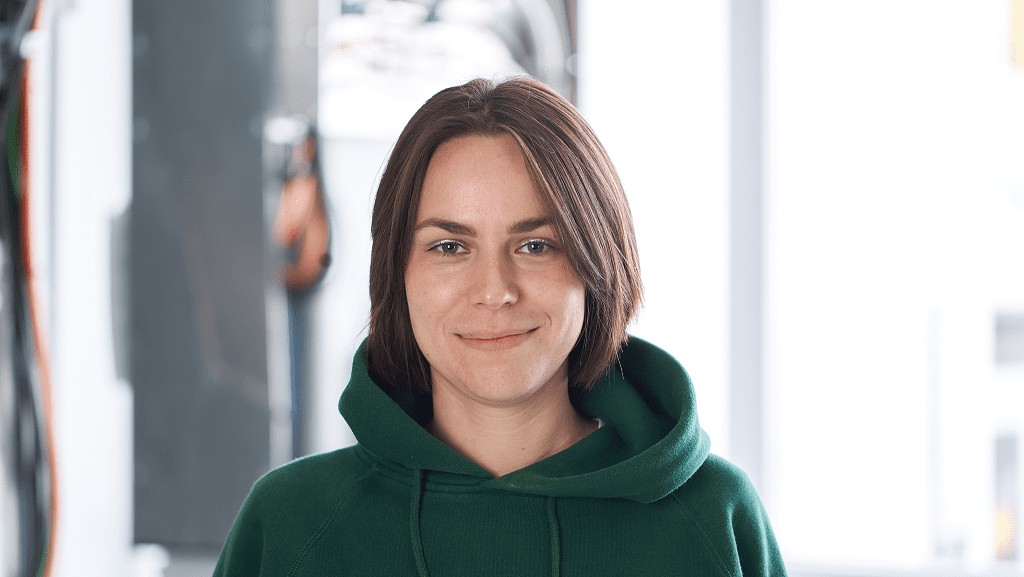
Nadja is a research associate at EDEK, University of Kassel. She received her diploma in product design in 2021 from Kunsthochschule Kassel. Towards the end of her studies, she engaged in the field of sustainable materials and fermentation, with a particular focus on mycelial materials. Accordingly, she co-founded the BIOLAB at Kunsthochschule in 2019, which has since been a platform for design and research at the interface of design, art and biology. Nadja has been working at EDEK since August 2021. She is now researching the combination of sustainable, growing materials with computer-aided design and digital fabrication strategies. Nadja has already organized and conducted several workshops on various topics, including in her work for fermentier.bar, at Raamwerk e.V. and during her stay at Mediamatic.
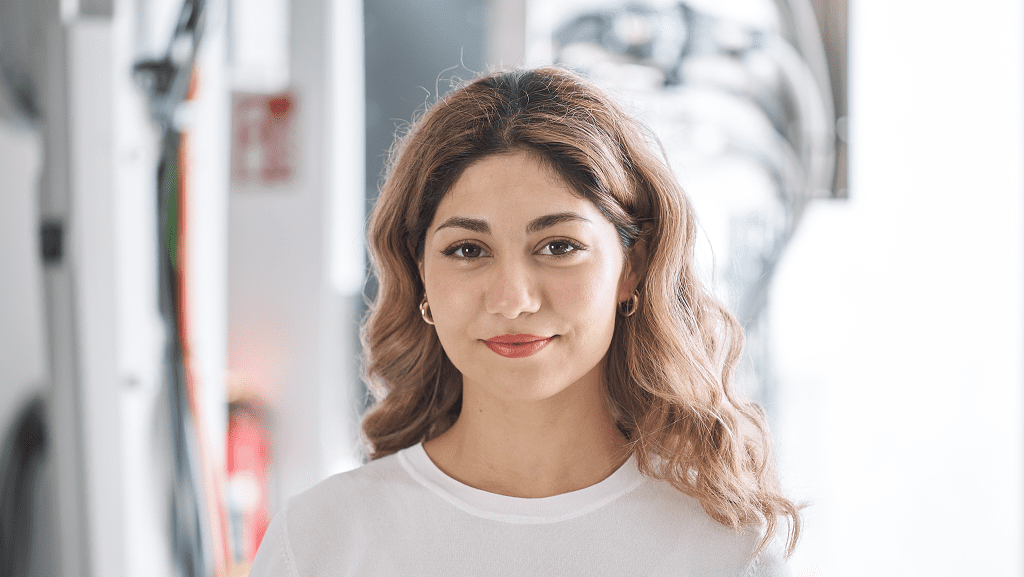
Eda is a research associate at the Experimental and Digital Design and Construction (EDEK) chair, University of Kassel. She obtained a Bachelor of Science at Politecnico di Milano in 2017, and a Master of Science from the Integrative Design and Architectural Design Research (ITECH) program at the University of Stuttgart in 2020. Her research focuses on large-scale additive manufacturing and novel digital fabrication methods using sustainable materials. Currently, she is a doctoral candidate at EDEK with a focus on reinforced mycelium composites for architecture and has been involved in teaching design studios that combine digital design and physical prototyping methods.
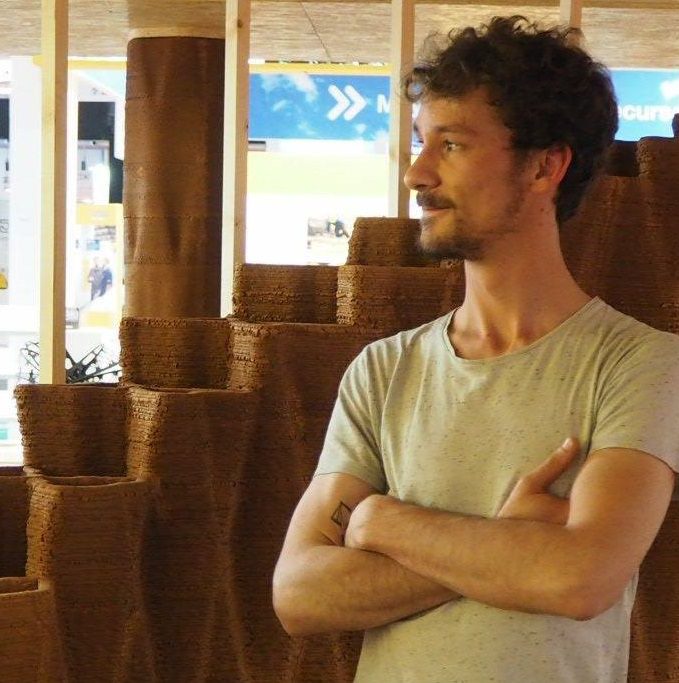
Adrien is Assistant Professor at the Chair for Biohybrid Architecture at the Royal Danish Academy, and President – Founder of the NGO design studio thr34d5. His research focuses on post-industrial design for eco-social sustainability, with a focus on locality and community autonomy. Within thr34d5 and as a Design Researcher at Open Science School, Adrien has led and contributed to numerous creative design workshops, hosted in UCL, EPFL, the Institute of Making, Hackuarium, and with Tomás Saraceno and the Aerocene community, among others.
